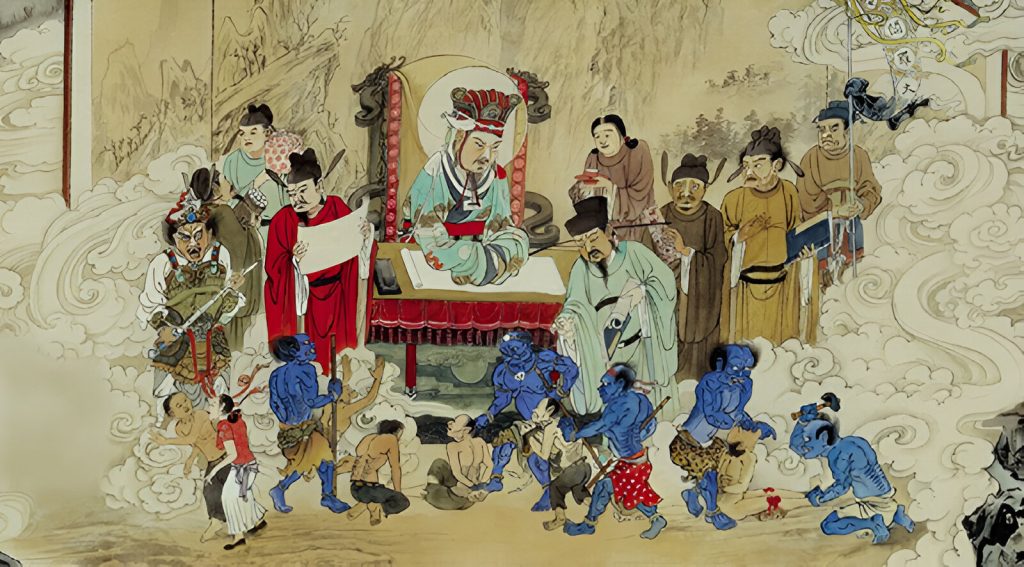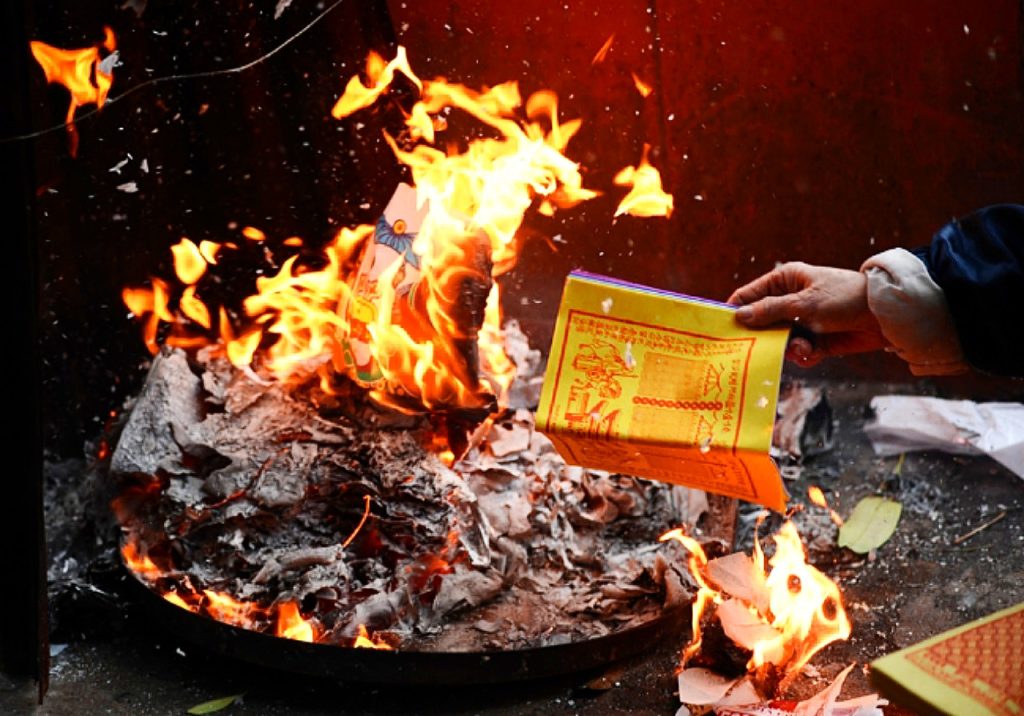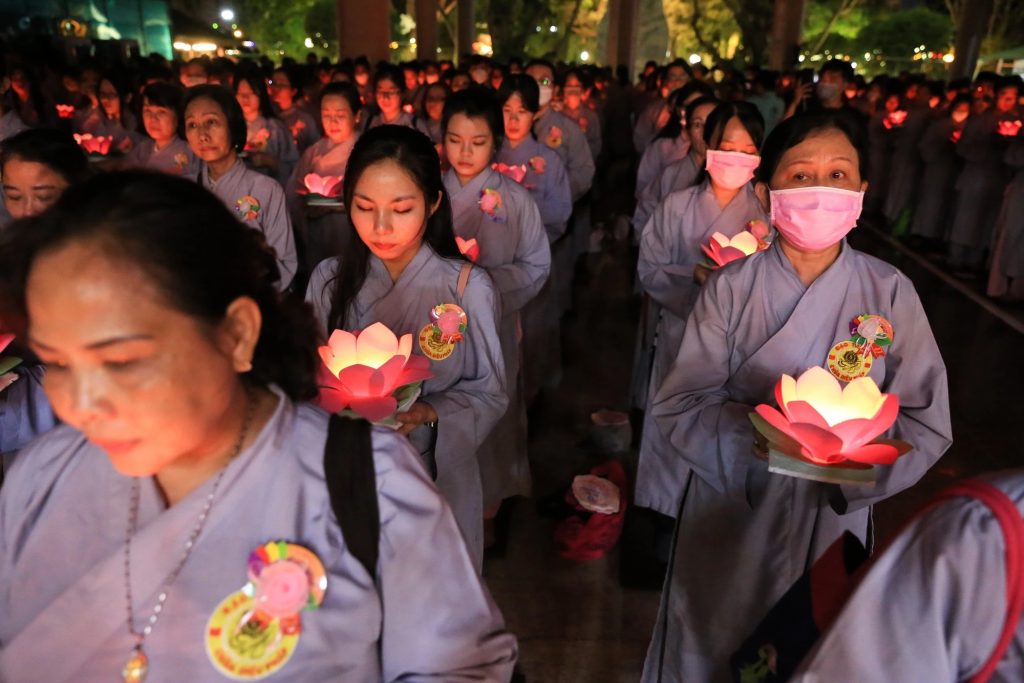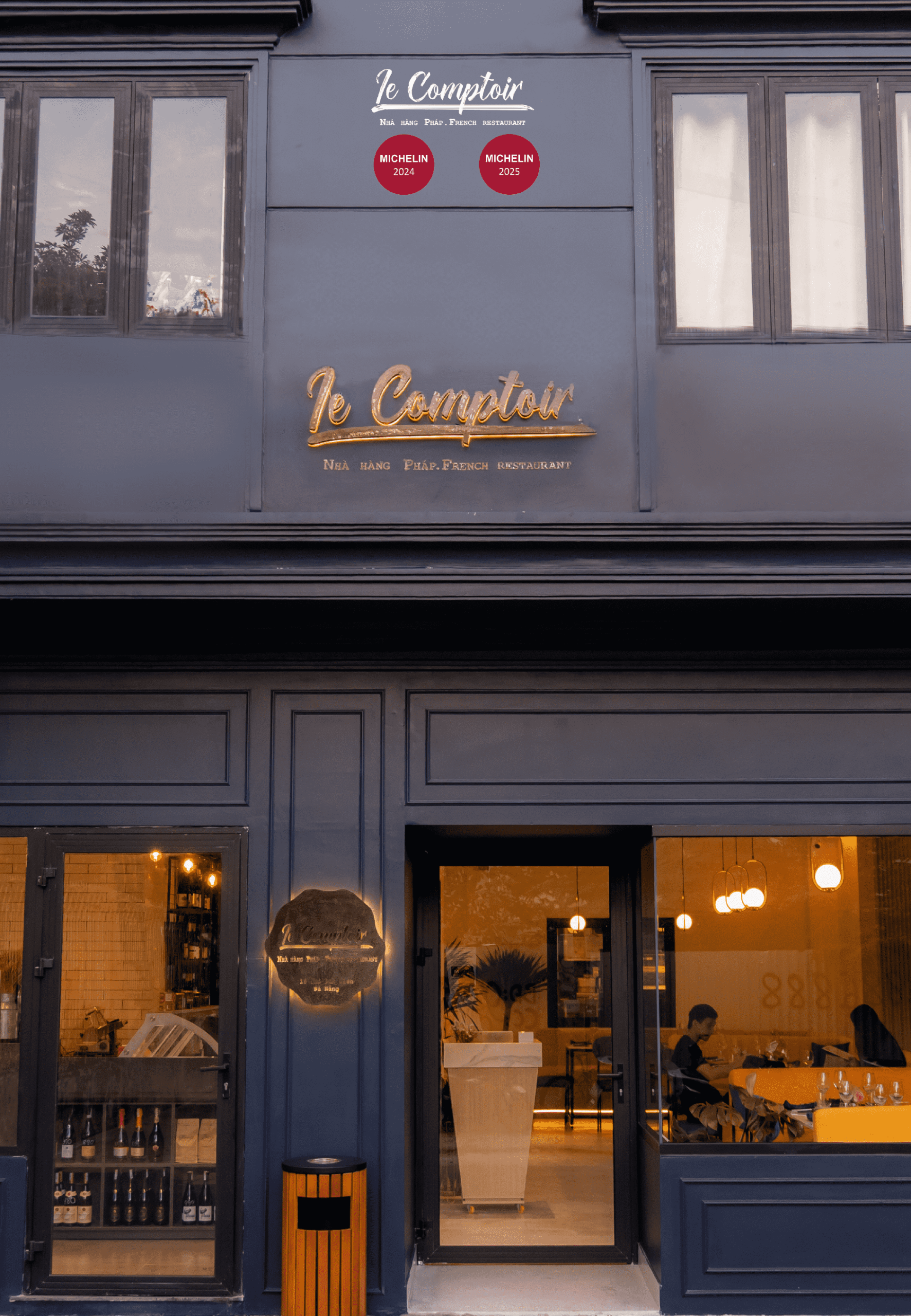Lunar July, or the Hungry Ghosts’ Month, is a significant period in Vietnam characterized by traditions that honor ancestors and address the restless spirits of the deceased. This month, culminating in the Hungry Ghost Festival on July 15th, involves rituals such as preparing feasts for both ancestors and wandering souls, as well as burning symbolic offerings like hell banknotes. While these practices reflect deep cultural and spiritual beliefs, modern interpretations have raised concerns about the commercialization of religious observances and the potential for supernatural inflation. Understanding these customs offers valuable insight into Vietnam’s cultural heritage and how people navigate this unique time of year.
1. Introduction to Lunar July
In Vietnam, adherence to the lunar calendar is deeply ingrained in cultural practices. Lunar July, also known as the Hungry Ghosts’ Month, is a period marked by a mix of reverence and superstition. Although referred to as a “holiday” this month is primarily focused on honoring ancestors and warding off malevolent spirits. If you find yourself in Vietnam during this time, understanding the festival’s significance will help you navigate its unique customs and traditions.
2. Beliefs and Superstitions
Lunar July is widely regarded as a time when wandering spirits, known as lost souls, are particularly active. According to belief, during the first half of the month, the gates of the underworld open, allowing ghosts from the Lower Realm to roam the Earth. Ancestral spirits return to visit their descendants, and offerings are made to honor them. However, spirits without relatives or proper rites of passage may wander in search of attention, potentially bringing misfortune to those they encounter. This period is often associated with a heightened sense of caution, as people believe that bad luck can befall anyone.
3. The Hungry Ghost Festival
The pinnacle of Lunar July is the Hungry Ghost Festival, celebrated on July 15th. On this day, Vietnamese families prepare two main feasts: one for their ancestors, typically held around noon, and another for lost souls, offered after sunset. Temples become centers of activity, with monks performing rituals to seek Buddha’s forgiveness for spirits condemned to eternal hunger. Offerings, primarily congee and vegan food, are made to appease these spirits. The festival is a time of compassion, where the aim is to prevent further harm to living beings and to provide comfort to the wandering spirits.
4. Rituals and Customs
During the Hungry Ghost Festival, it is customary for families to burn hell banknotes and joss paper, believed to hold value in the afterlife. These offerings, which can include modern technology and luxury items, are intended to support the deceased. Additionally, lotus-shaped lanterns are floated on rivers to guide spirits back to the afterlife. These practices, which vary by region, are complemented by the custom of wearing flowers to honor living and deceased mothers, as July 15th also coincides with Vietnamese (Lunar) Mothers’ Day.
5. Mother’s Day on Vu Lan
In addition to the Hungry Ghost Festival, July 15th is also observed as Vu Lan, or Vietnamese Mothers’ Day. On this day, people pay homage to their mothers and ancestors, both living and deceased. The tradition involves wearing flowers to signify whether one’s mother is alive (red flower) or has passed away (white flower). This practice reflects the deep respect and gratitude Vietnamese people hold for their mothers and their role in family life.
6. Things Not to Do During Hungry Ghost Month
During Lunar July, there are several practices people are advised to avoid to prevent attracting bad luck. These include:
- Avoiding Major Life Events: It is considered inauspicious to start new ventures, make significant decisions, or embark on journeys during this month.
- Refraining from Negative Behavior: Engaging in quarrels, arguments, or other negative behaviors is discouraged as it is believed to attract the attention of malevolent spirits.
- Being Mindful of Outdoor Activities: It is advised to avoid outdoor activities at night or visiting lonely places, as these are thought to be frequented by wandering spirits.
- Respecting Traditional Customs: It is important to respect and follow traditional rituals and offerings to honor spirits properly and avoid offending them.
By adhering to these guidelines, individuals can help ensure a harmonious and respectful observance of this culturally significant period.











